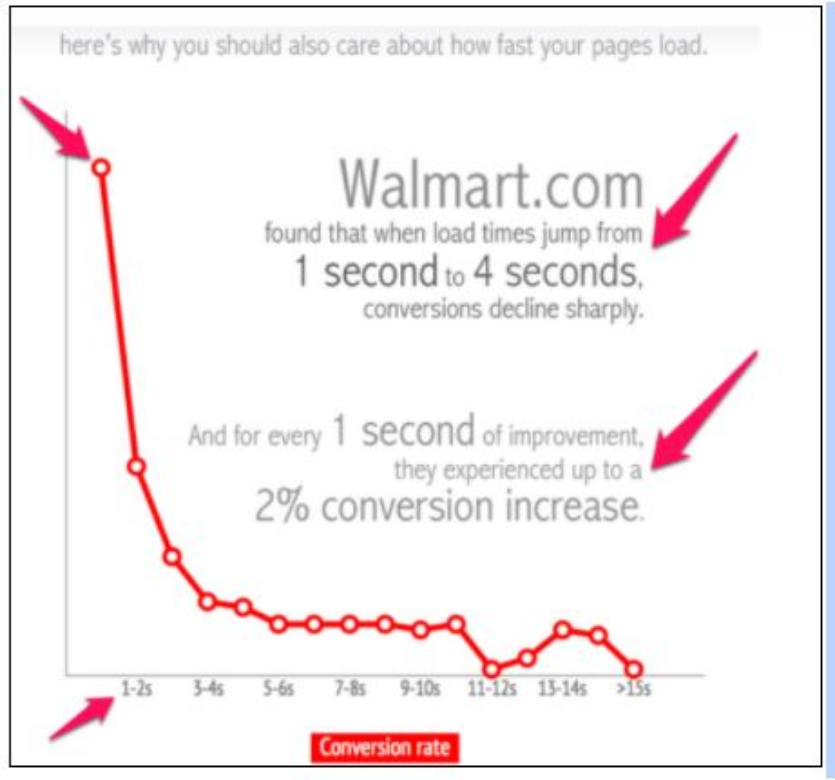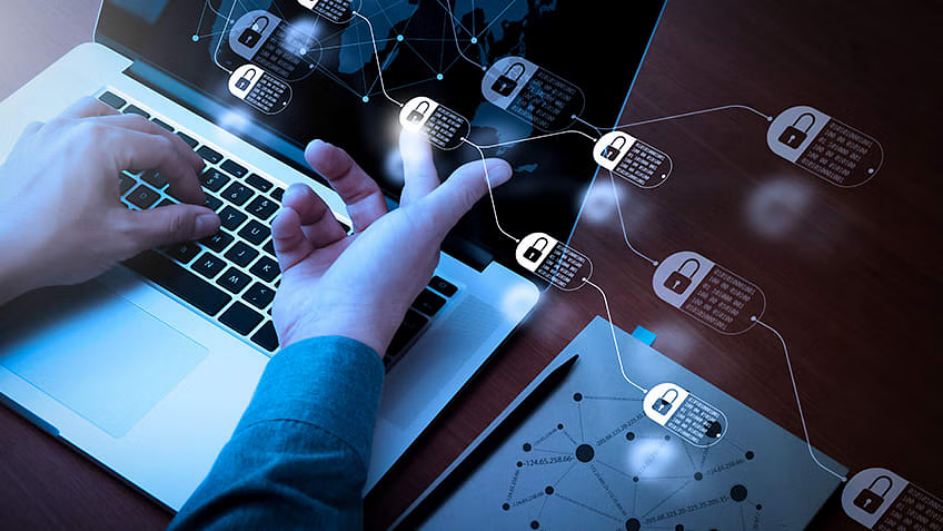Blockchain Applications
Blockchain Applications. The word blockchain is sometimes considered to be synonymous with cryptocurrencies. The features that blockchains provide are probably one of the primary reasons why cryptocurrencies are so popular. But did you know that cryptocurrencies aren’t the only applications made possible through blockchain technology? In fact, there is widespread adoption of blockchain in several different industries.
The following article will cover some of the most popular blockchain applications, beyond just cryptocurrencies.
Now, before we go into some blockchain applications, let’s have a look at what exactly blockchain is.
What Is Blockchain?
Blockchain is a list of records or “blocks” that stores data publicly and in chronological order. The data—the records within these blocks—are secured using cryptography and don’t have a central authority controlling them. Everyone within the network has access to these blocks and has copies of it; but once something is recorded into the blockchain, the data cannot be altered. Therefore, the very transparency of the Blockchain in Financial Serviceslockchain ensures its security. While some argue that the technology is still in a hype cycle, other research indicates that Blockchain is starting to take off in businesses. According to IDC, corporate and government spending on Blockchain technology is expected to jump 89% percent over 2018 numbers, hitting almost $3 billion in 2019. This number is estimated to reach more than $12 billion by 2022, which means there will be plenty of demand for blockchain experts. Let’s look a how blockchain is already showing up in a few industries.
So, now that you know what a blockchain is, let’s go into some blockchain applications.
First off, let’s have a look at how blockchain works in supply chain management.
Blockchain in Supply Chain Management
Imagine you’ve ordered some apples from an online shop. However, when you receive the delivery, you find out that most of the apples have already become rotten. Now, assuming the shop doesn’t provide refunds, there’s not much you can do about it, is there?
But what if there was a way that this whole thing could have been avoided?
Such problems can be avoided with blockchain technology, as it facilitates traceability across the entire supply chain. Blockchain technology can be used to track all types of transactions in a very secured and transparent manner.
These benefits include:

Let’s have a look at an example of supply chain management:

In supply chain management, blockchain provides permanent record-keeping, transparency and validation of transactions shared by multiple supply chain partners. With this, anyone can verify the authenticity or status of the product being delivered.
Now, let’s have a look at a real life example of this blockchain application:

Walmart is building a blockchain distributed ledger in order to connect and track pork suppliers, shippers, purchasers and others involved in delivering the food product around China. Here, blockchain reduces the risk of data tampering or inaccuracy.
Blockchain in Cyber Security
Imagine person A is sending 20 dollars to B. Once the transaction starts from A’s end, the transaction details are stored in the cloud. Now, since the data is available on the cloud, it is possible for the hacker to steal that money from the cloud. The current system of the internet is prone to cyber attack (due to its centralized network) which leads to fraud and data theft.
How would things be different with blockchain?
Here are some cyber security advantages of adopting blockchain:
Let’s have a look at how this same transaction would be performed using blockchain.
Again, A is sending 0.0025 bitcoin, or BTC (approximately equivalent to 20 dollars) to B. This time, the transaction is recorded into a blockchain. Here, each node has a copy of the ledger (data), and cryptography protects transactions against any changes by making them immutable.
Now, were a hacker trying to hack in the blockchain, his efforts would be in vain. Using blockchain, it’s easy to prevent malicious attack due to the peer-to-peer connections where data cannot be altered or tampered.
Let’s have a look at a real life application of this blockchain application. Mastercard is using blockchain for sending and receiving money. Also, it allows exchanging the currency without the need of a central authority.
Now, let’s have a look at the next blockchain application: voting.




